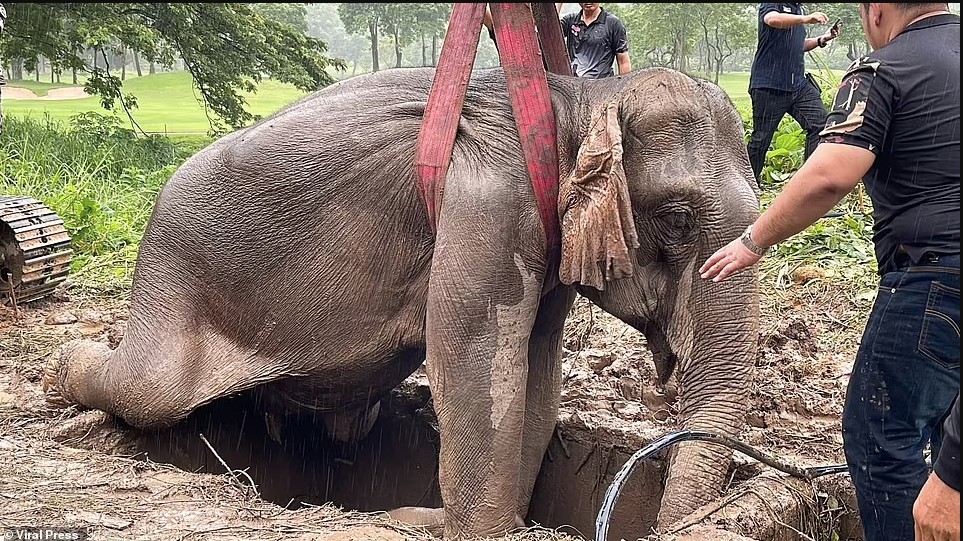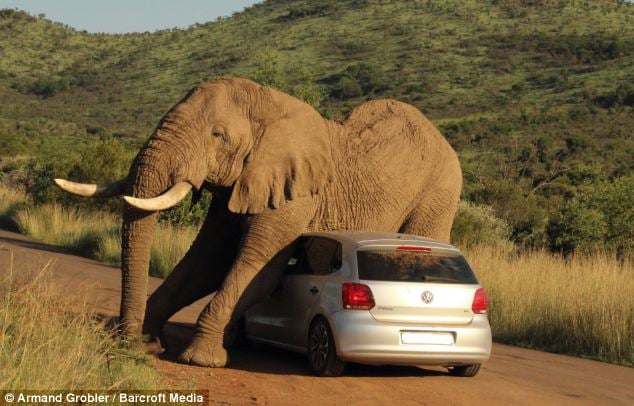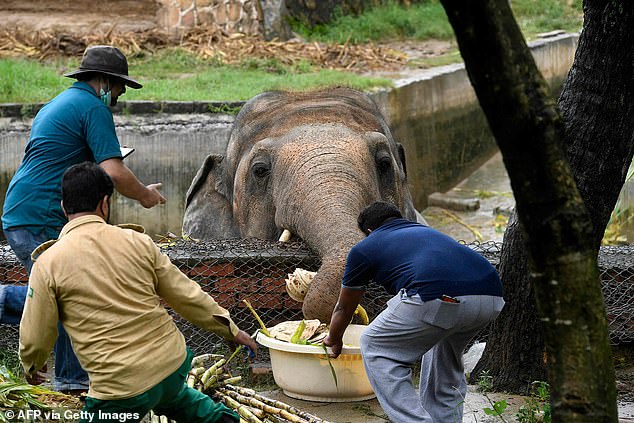When Migaloo the white humpback whale was first spotted in Australian waters in 1991, he made a big splash. Migaloo’s albinism quickly made him the focus of whale researchers and tourists alike. But things have changed. Not only does Migaloo now share that title with another albino humpback that frequents the waters off Norway’s coast, but he’s also fathered two white calves – or so we think. 😁

An “extremely rare” white humpback whale recently made researchers’ jaws drop when it surfaced above Cook Strait waters off New Zealand.

The white whale was photographed on Monday swimming side-by-side with a buddy, a more common black humpback whale, the New Zealand Department of Conservation (DOC) said in a statement today.
“Only four white humpback whales have been reported in the world,” said Nadine Bott, the leader of the boat’s survey team counting whales passing through Cook Strait.

Male humpbacks travel long distances from their cold, nutrient-rich polar feeding grounds to the tropics where they mate, and they have (sometimes) been known to make pit stops at multiple breeding grounds – so we can’t completely rule out the Norway whale. But as cetacean researcher Dr. Chris Parsons explains, breeding populations tend to stick to specific locales.

“The breeding populations are pretty distinct,” he says. “If albino animals are found in geographically very separated breeding grounds, [then chances are that case of] albinism isn’t likely to be hereditary unless there is something weird going on.” Because no other albino males have been seen near Australia over the years, Migaloo’s fatherhood claim seems strong. “A biopsy skin sample would easily be able to confirm it genetically,” adds Parsons.









